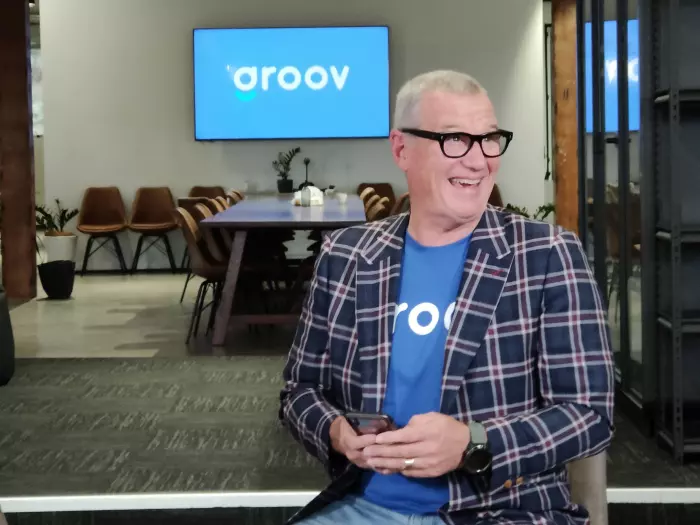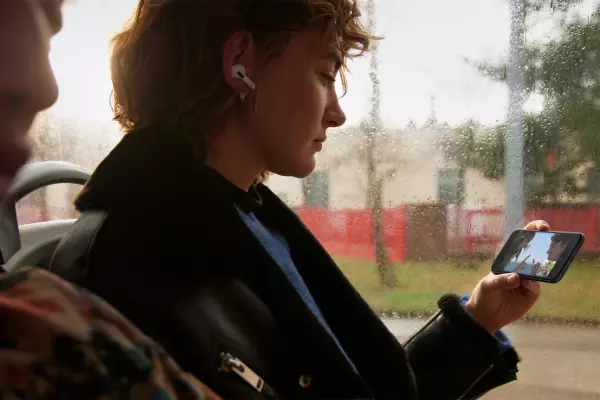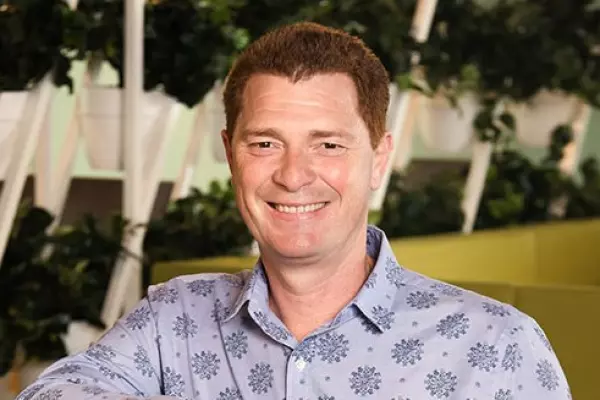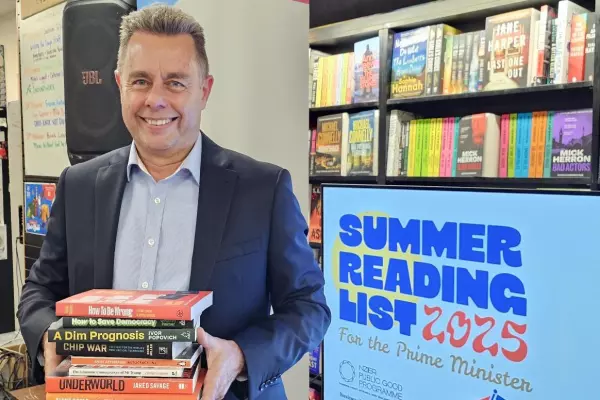John Kirwan’s mental health platform has rebranded as Groov and secured government funding to keep its smartphone app free to use.
Ministry of Health funding in 2020 from the government’s $500 million covid-19 response health package has allowed Groov to be offered as a free smartphone app for iPhone and Android. Ongoing funding will keep it free to the public.
It offers personality quizzes, mindfulness activities, breathing exercises, and other tools it says can help people be more mindful of their mental wellbeing.
Formerly known as Mentemia, Groov also sells businesses paid digital tools such as a tailored programme to build wellbeing initiatives into workplace culture, of which the app is part.
Set up in 2018 by former All Black Kirwan and tech entrepreneur Adam Clark, the company counts Fletcher Building, NZ Post, Sky, the Ministry of Health, Chorus, and Kiwibank among about 60 corporate customers.
The app has been downloaded about 150,000 times. Kirwan told BusinessDesk the company’s goal is to serve 100 million people.
The government promised $1.9 billion in Budget 2019 to improve mental wellbeing with $883 million pledged over four years for mental health and addiction services. Groov and an app called HABITs Messenger, a chatbot for 12-to-18 year-olds, are funded by this.
A report released Tuesday from the Mental Health and Wellbeing Commission (which was itself funded by the 2019 Budget) found access to primary mental health services had improved but “access to specialist mental health services and addiction services has not changed over the past five years”.
Modern access
Health minister Andrew Little was at Groov’s New York loft-style Auckland digs in Parnell on Tuesday to highlight the government’s continued involvement with the company.
BusinessDesk asked Little how digital health services can improve access for people given the report’s findings.
“We knew during lockdown because people couldn’t have physical contact the online stuff was actually really helpful,” he said.
“There’s a generation who just expect stuff is going to be available online, there’s going to be a way to deal with that.”
Asked if he sees digital services such as Groov as a good way of alleviating stress on existing health services, he said it was a matter of how people get access to support.
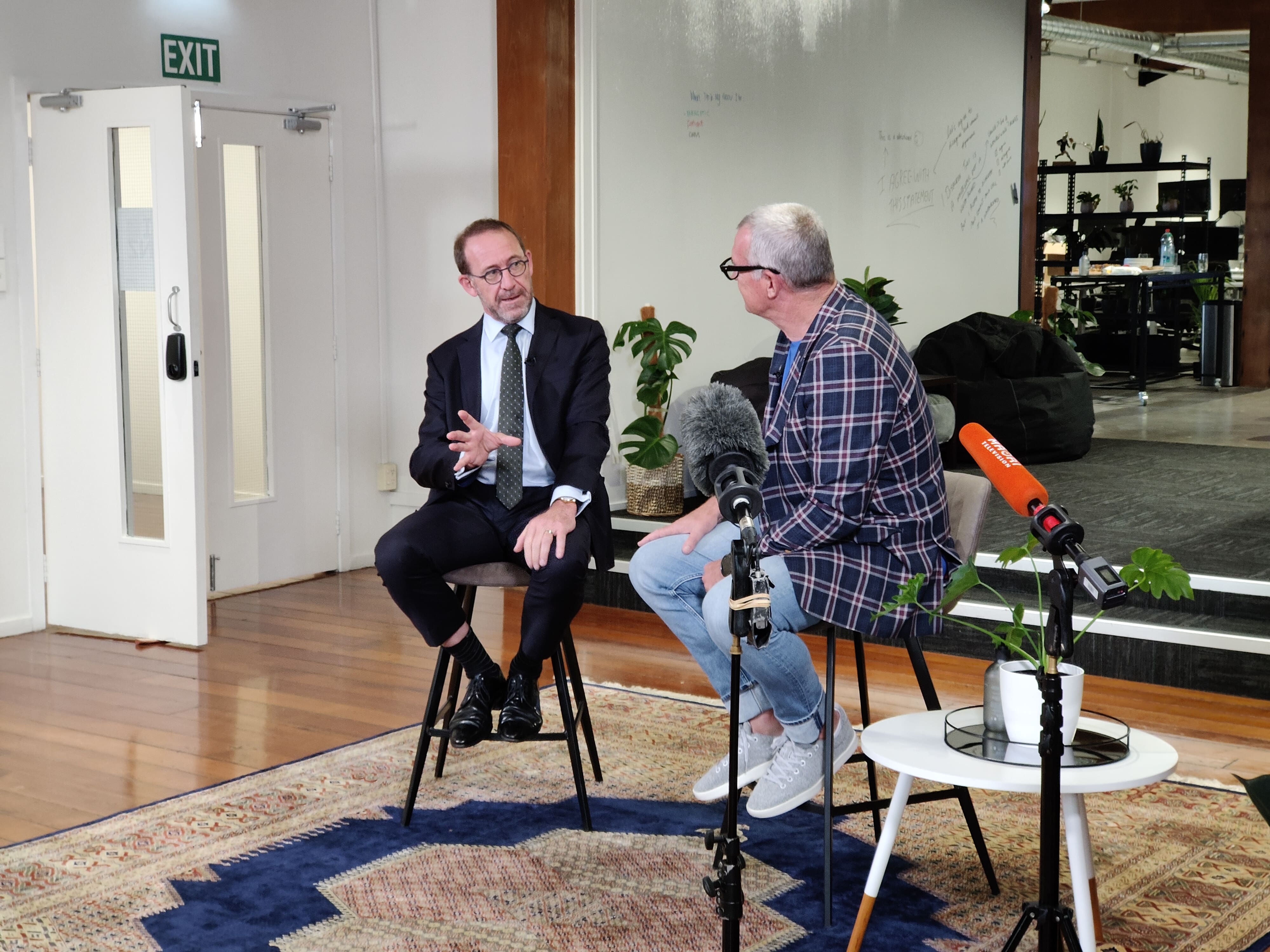 Andrew Little (left) and John Kirwan at Groov's offices on Tuesday. (Image: BusinessDesk)
Andrew Little (left) and John Kirwan at Groov's offices on Tuesday. (Image: BusinessDesk)“We know that mental health is not just going to the doctor and getting a pill or going to a psychiatrist. It’s getting good mental health … there’s a lot of stuff we can do to alleviate anxiety, depression, just by having some good habits.”
The government also pledged $20.8m over four years in its 2019 wellbeing budget for digital telehealth services specifically for mental health care.
But the commission’s report said wait times for young people to access specialist services was “well below target”.
Little said before the government gets involved in funding services such as Groov there is a robust clinical assessment to make sure it meets certain standards.
Changing it up
Kirwan told BusinessDesk he came up with the firm's former name Mentemia, which is Italian for “my mind”, but he was happy with the Groov rebrand.
“We always wanted to change the dialogue around this [mental health], we want to make it normal … are you in your groove? That’s a better conversation,” he said.
Groov has a small to medium enterprise (SME) product as well as its programmes for large corporates.
“I often talk about the panel beater in Manawatu that really cares about his people. How’s he going to do it?”
The company received funding from the Accident Compensation Corporation’s (ACC) Impact Fund in May 2019. ACC at the time said the investment was in the $2m-to-$5m range, netting it an 11.5% stake in the company.
Pathfinder KiwiSaver had recently invested $800,000 for a 3.2% stake, so if both were offered the same terms, ACC paid about $2.6m, which then valued Groov at about $24m.
Kirwan and wife Fiorella own 27.6% of the business, the same as Clark’s trustee company Sheaf. Icehouse Ventures is in for 6.5% while Stephen Tindall’s K1W1 fund has 3%.


